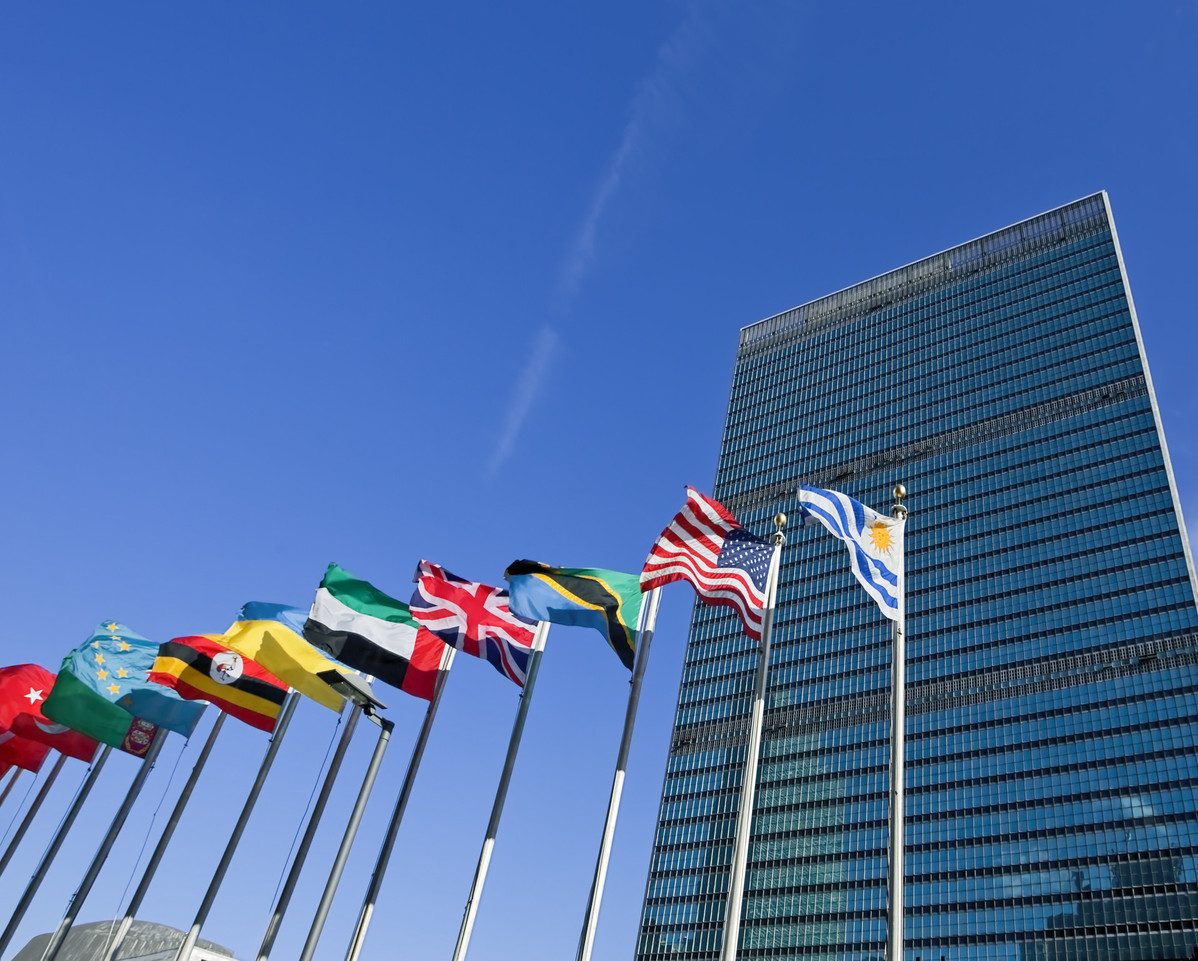Prudence should be watchword so UN reform stands test of time


At the UN80 Initiative briefing on Wednesday, China's Permanent Representative to the United Nations Fu Cong said that before any action is taken the structural reform of the United Nations must be carefully planned, guided in the right direction, and focused on real results. His remarks have hit the nail on the head.
The UN faces unprecedented pressures to adapt to a world of multiplying crises and shifting power dynamics. China's call for prudence reflects a deep understanding of what is at stake.
Structural reform of the UN must be based on comprehensive research, broad consultation, and scientific judgment — not political expediency. Reform driven by haste or by the narrow interests of a few will only weaken the very system it seeks to strengthen.
The UN Secretariat, as Fu urged, should maintain transparency, draw on institutional experience and engage all member states to ensure that any reform plan "stands the test of history". The goal should be to revitalize multilateralism, not replace it with fragmented blocs or exclusive mechanisms.
Only reforms that lead to tangible progress in peace, development and equality can justify the effort and cost of transformation.
Effective reform should be conducive to prioritizing development, reinforcing the UN's Department of Economic and Social Affairs as its development hub, and improving coordination between headquarters, regional offices and country teams. Mandates must be clearly defined: resident coordinators should focus on development, while peace and security issues must remain under the authority of the UN Security Council. The UN's credibility rests on institutions performing their core functions efficiently rather than endlessly expanding their mandates.
Equally important, the reform must produce measurable outcomes. The UN should improve its staff diversity so as to address the underrepresentation of developing countries, and enhance UN agencies' capacity to deliver.
The vision on UN structural reform put forward by China aligns closely with its Global Governance Initiative. The initiative offers a coherent framework for making global governance more just, balanced and effective. Rooted in the principles of adhering to sovereign equality, abiding by international rule of law, practicing multilateralism, advocating the people-centered approach and focusing on taking concrete actions, the GGI seeks to strengthen — not circumvent — the UN-centered international system. It emphasizes that true reform must be inclusive in process — ensuring that developing nations have a real voice in decision-making — and balanced in outcomes.
The GGI and the UN Charter share the same spirit — respect for sovereignty, adherence to the rule of law, and commitment to common progress. At a time when there are voices seeking to instrumentalize the UN for geopolitical competition, China is offering a public good that reinforces the UN's authority while promoting fairness and efficiency in global governance.
Meaningful UN reform cannot be achieved with a unilateral design or coercive pressure. It must emerge from consensus, guided by the shared aspiration for a more equitable and effective multilateral system.
The path forward is not about tearing down institutions but about equipping them to be fit for purpose amid fast-changing realities. The UN's legitimacy lies in its universality; its vitality, in its capacity to deliver. Reform that strengthens these foundations will ensure that the UN continues to serve as the world's cornerstone for peace, development and collective security.
As the UN embarks on its next phase of transformation, its reform should proceed with due prudence, and focus on outcomes that genuinely benefit all humanity. Guided by the GGI, China will continue working with the international community to help promote UN reform to better respond to global challenges for a more just, inclusive and peaceful world.


































